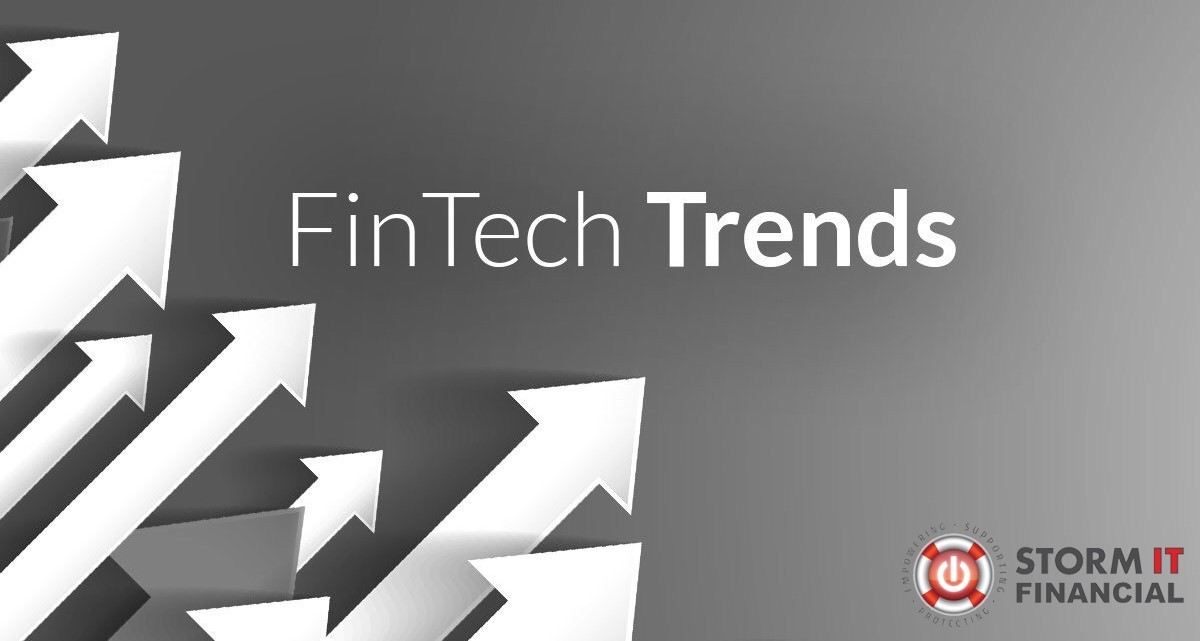FinTech Trends Newsletter Week 14th May – 18th May 2018

Cybercrime costs financial services sector more than any other industry, with breach rate tripling over past 5 years

Cyber attacks cost financial services firms more to address and contain than in any other industry, and the rate of breaches in the industry has tripled over the past five years. The costs that firms incur when responding to cybercrime incidents is increasing as the risks to business, privacy and related data grow by the day, so much so that cyber security is outranking some of the more traditional business risks and concerns. The average cost of cybercrime for financial services firms globally has increased by more than 40% over the past three years according to recent data. While cyber attacks have a greater financial impact on the financial services industry than on any other industry, financial services firms continue to make prudent and sophisticated security technology investments that contribute to reducing the cost of breaches significantly. The greatest proportion of financial services firms’ cyber-defence spending is for more advanced solutions like security intelligence systems, followed by automation, orchestration and machine-learning technologies. While the cost of cybercrime for financial services companies continues to rise, financial firms have considerably more balanced and appropriate spending levels on key security technologies to combat sophisticated attacks than do those in other industries. This is particularly true with regard to the use of automation, artificial intelligence and machine-learning technologies, which could be critical to future cyber security efforts.
Rise in cybercrime against financial services
The average number of breaches per company has more than tripled over the past five years, from 40 in 2012 to 125 in 2017; that is slightly below the global average of 130 across all industries. A significant budgetary portion of financial services companies’ total security costs is spent on containment and detection of cyber breaches. The greatest impact of cyber breaches on financial services firms are business disruption and information loss, which together account for most of the cost to respond to cybercrime incidents. More can be done with regards to security technologies deployed in financial services. Only one-quarter of financial services companies have actually deployed AI security technologies and fewer than one-third use advanced analytics to fight cybercrime.
Most costly attack types for financial services firms
At the same time, financial-services firms appear to be less affected than other industries by more-common forms of cyber attacks. While 2017 saw a string of malware attacks – including the WannaCry and Petya attacks, which cost several global firms hundreds of millions of dollars in lost revenues – malware attacks were among the least costly types of cyberattacks for financial services companies. The costliest types of attacks for banks, hedge funds, asset managers and insurers are denial of services, phishing and social engineering, and malicious insiders. Banks, hedge funds, asset managers and other financial services firms have implemented advanced solutions for malware, reducing the susceptibility to such attacks, so the cybercrimes they’re currently grappling with are largely different from those affecting other industries. One such threat is identifying bad actors within their own organisation and figuring out the right combination of human effort with technologies to combat this growing issue. One thing is certain, however: When it comes to fighting cybercrime, firms can’t hire their way out of this issue, as there simply aren’t enough talented cyber professionals out there, hence the rise in using MSP’s (managed service providers) like Storm IT Financial, who constantly keep up to date and train their staff as IT and cyber security is their business, leaving their clients to do their business. Investing.
For further advice & assistance about cyber security & firewall solutions and security education seminars, contact Storm IT Financial and find out more information on Hedge Fund, Asset Management, Private Equity & Alternative Investment, back up, disaster recovery, cloud (public & private) & data management, Regulatory & Compliant Solutions, data storage, SaaS, helpdesk support & IT Services.

Storm IT Financial FinTech News & Trends picks: Week 14th May– 18th May2018
The biggest cyber security threat is your staff
Most cyber vulnerabilities are hiding in plain sight — here are five things you can do about them….:
https://www.fnlondon.com/articles/the-biggest-cyber-security-threat-is-your-staff-20180501
BofA exec Catherine Bessant on financial cyber-security
Catherine Bessant, Bank of America, global chief operations and technology officer, speak with CNBC about banks and cybersecurity:
https://www.cnbc.com/video/2018/05/10/bofa-exec-catherine-bessant-on-financial-cyber-security.html
US Homeland Security unveils new cyber security strategy amid threats
The U.S. Department of Homeland Security unveiled a new national strategy for addressing cyber security risks and reduce vulnerabilities:
Can Blockchain Help Reduce the Financial Industry’s Cyber Risk?
Given the increasing frequency of cyberattacks, regulators identify cybersecurity as one of the most pressing risks to the FS industry:
http://www.brinknews.com/can-blockchain-help-reduce-the-financial-industrys-cyber-risk/
Are Your Prepared to Embrace Change, Take Risks and Disrupt
Yourself?
The banking industry is changing at a pace never before seen. With Digital transformation, who is up for this challenge?:
https://thefinancialbrand.com/72367/digital-banking-transformation-change-risk-disruption/
Robots making robots: Can Japan leapfrog the best of the West?
An emphasis on automation has great potential says Miyuki Kashima, BNY Mellon’s head of Japanese equity investments:
Mexico central bank to create cyber security unit after hack
Mexico’s central bank is creating a cyber security unit, following a hack on a domestic payments system that affected Mexican banks:
New Research: Technology & Operations Trends in Wealth Management 2018
Tech & Ops Trends 2018 edition in Wealth Management by WealthBriefing, in association with SS&C Advent:
FCA awards £40m contract to strengthen cyber security
The FCA has awarded a £40m contract to 17 companies to monitor its cyber defences after series of attacks:
Google sells the future, powered by your personal data
Personal data collection practices are in the hot seat. So why isn’t Google feeling the heat?:
HSBC says performs first trade finance deal using single blockchain system
HSBC said it has performed the world’s first trade finance transaction using a single blockchain platform:
AI for Financial Services: New pathways to value
Data has gained a new prominence in modern society…:

